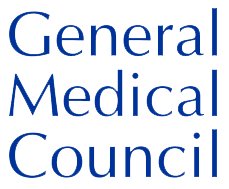Each of Hungary's 4 medical schools offers a 6-year medical programme in English. It includes 3 pre-clinical years, 2 clinical years, and 1 internship/placement year. Lectures, dissections, seminars, tutorials, small group learning, and clinical skills sessions are all used as teaching methods, with a classical approach to medical education being preferred.
The first 3 years of study include a variety of subjects such as Anatomy, Physiology, Embryology, Histology, Pathology, Biochemistry, and many other. The last 3 years, also known as the clinical years, are spent at university hospitals, where students participate in integrated modules in Cardiology, Paediatrics, Obstetrics, Gynaecology, and Psychiatry. The internship is entirely devoted to hospital and clinic work and guarantees that all graduates will have the opportunity to live the life of a doctor and be familiar with their tasks within the medical team.
Graduate entry medicine in Hungary
Graduate entry medicine is not available in Hungary at this time.















